The Advertising Standards Authority (ASA) in the UK has banned a Tesco advert for a plant-based burger on the basis that it is misleading.
The advert which shows a plant-based burger being eaten with the claim that it was better for the planet but the ASA position was that the claim had not been substantiated.
This was because Tesco didn’t have full knowledge on the burger featured and was unable to definitively say whether or not it was better than a traditional burger made from meat.
In its finding, the ASA reported that plant-based products had complex production processes which could result in their having a “similar or greater negative environmental impact than basic plant ingredients or a meat-based alternative.”
Greenwashing
The strict approach adopted by the UK’s ASA reflects a policy to crack down on corporate greenwashing. This is where companies look to exploit environmental and climate claims made about products they sell without being fully able to stand up the claims.
It fits into a pattern of consumer behaviour where there is a desire to do what is right by the environment but without added cost or inconvenience.
Substitute products that replace meat in theory suggest that the GHG emissions from livestock have been avoided by choosing an alternative product.
However, without proper analysis of what is involved in the processing of non-meat products it is impossible to claim if in fact their environmental impact is lower.
Livestock-based products are a particular target and milk alternatives such as almond juice are frequently promoted as being better for the environment whereas in fact the opposite is the case.
Almond production in California, for example, is a particularly a high user of scarce water resources.
It isn’t confined to food. Budget airline EasyJet promotes the fact that it has offset the carbon footprint of flights. This is not achieved by using an alternative to fossil fuels but by offsetting the impact through some other activity such as forestry investment.
Future for plant-based
Farmers can take some comfort from rulings like this where product integrity is protected. Developing alternatives to animal-based dairy and meat products has been in place for a long time, with margarine competing alongside butter with varying success for decades.
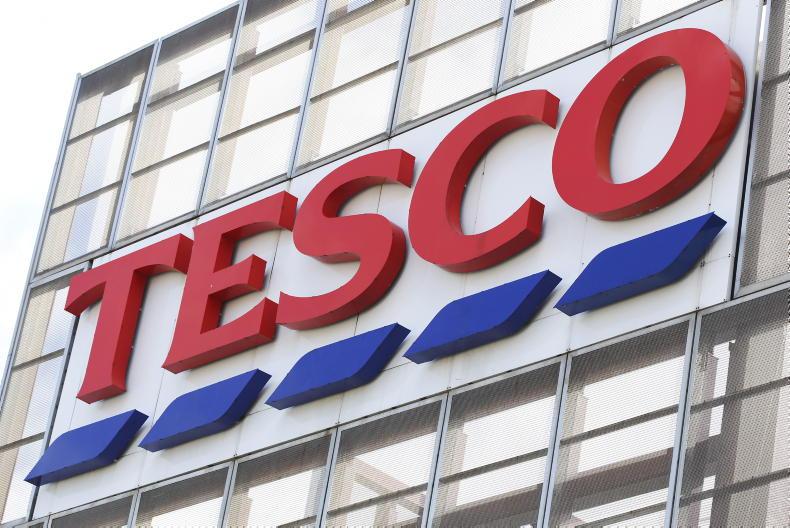
The Advertising Standards Authority in the UK has ruled against Tesco claims for a plant-based burger advert.
Companies like Beyond Meat looked for a time that they would be a serious player in developing alternatives but they have struggled for the past year to meet expectations after making a huge initial impact.
However, it is a reality that non-meat and dairy product alternatives will be part of consumer choice for the future. That reality is fine provided product integrity is maintained and nothing can be passed off as something it isn’t.
The ASA finding in the UK isn’t necessarily an endorsement of meat products, it is pointing out that non-meat products cannot be promoted as something without the evidence to back it up.
The Advertising Standards Authority (ASA) in the UK has banned a Tesco advert for a plant-based burger on the basis that it is misleading.
The advert which shows a plant-based burger being eaten with the claim that it was better for the planet but the ASA position was that the claim had not been substantiated.
This was because Tesco didn’t have full knowledge on the burger featured and was unable to definitively say whether or not it was better than a traditional burger made from meat.
In its finding, the ASA reported that plant-based products had complex production processes which could result in their having a “similar or greater negative environmental impact than basic plant ingredients or a meat-based alternative.”
Greenwashing
The strict approach adopted by the UK’s ASA reflects a policy to crack down on corporate greenwashing. This is where companies look to exploit environmental and climate claims made about products they sell without being fully able to stand up the claims.
It fits into a pattern of consumer behaviour where there is a desire to do what is right by the environment but without added cost or inconvenience.
Substitute products that replace meat in theory suggest that the GHG emissions from livestock have been avoided by choosing an alternative product.
However, without proper analysis of what is involved in the processing of non-meat products it is impossible to claim if in fact their environmental impact is lower.
Livestock-based products are a particular target and milk alternatives such as almond juice are frequently promoted as being better for the environment whereas in fact the opposite is the case.
Almond production in California, for example, is a particularly a high user of scarce water resources.
It isn’t confined to food. Budget airline EasyJet promotes the fact that it has offset the carbon footprint of flights. This is not achieved by using an alternative to fossil fuels but by offsetting the impact through some other activity such as forestry investment.
Future for plant-based
Farmers can take some comfort from rulings like this where product integrity is protected. Developing alternatives to animal-based dairy and meat products has been in place for a long time, with margarine competing alongside butter with varying success for decades.

The Advertising Standards Authority in the UK has ruled against Tesco claims for a plant-based burger advert.
Companies like Beyond Meat looked for a time that they would be a serious player in developing alternatives but they have struggled for the past year to meet expectations after making a huge initial impact.
However, it is a reality that non-meat and dairy product alternatives will be part of consumer choice for the future. That reality is fine provided product integrity is maintained and nothing can be passed off as something it isn’t.
The ASA finding in the UK isn’t necessarily an endorsement of meat products, it is pointing out that non-meat products cannot be promoted as something without the evidence to back it up.






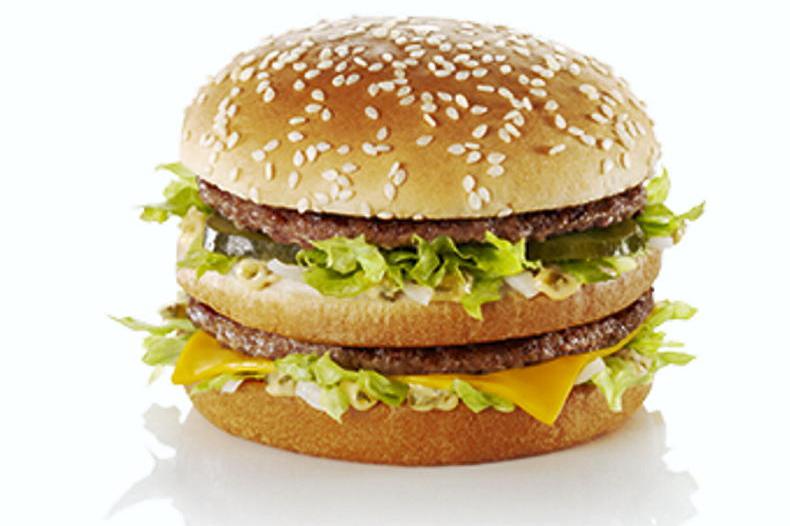

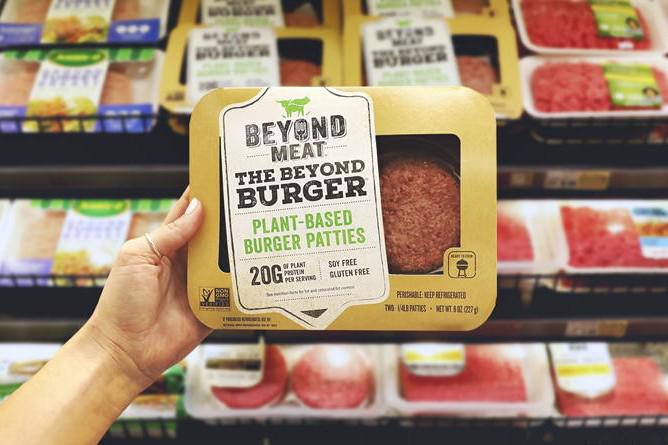
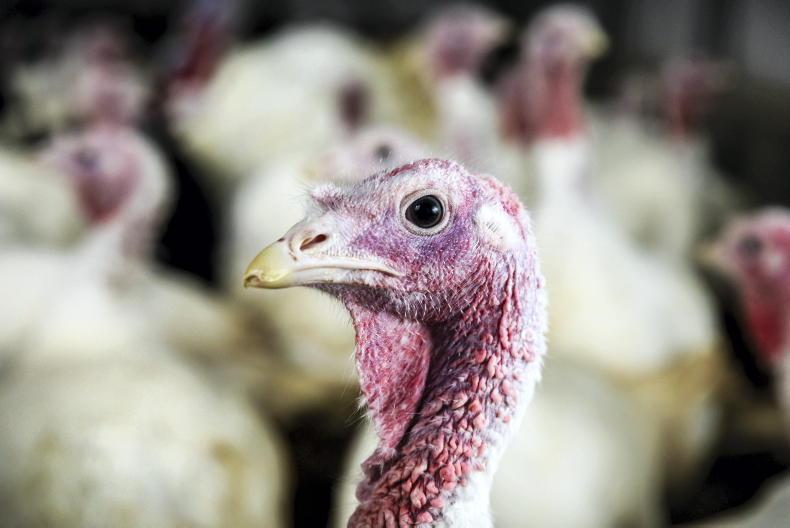
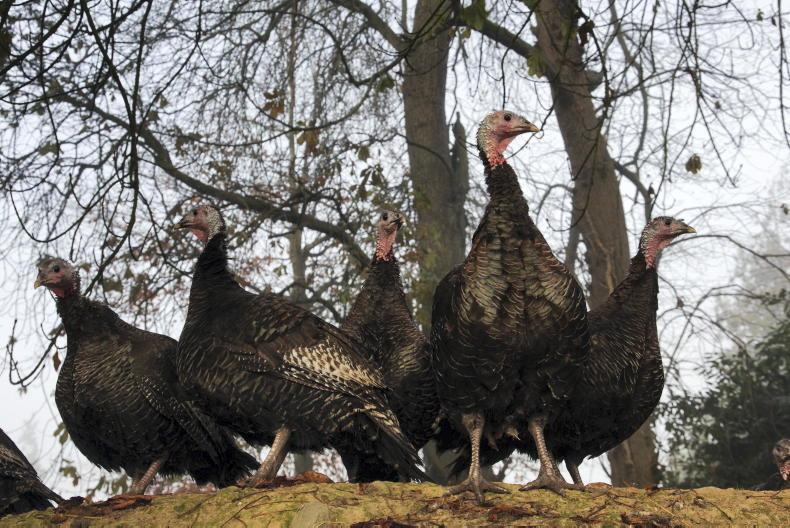
SHARING OPTIONS